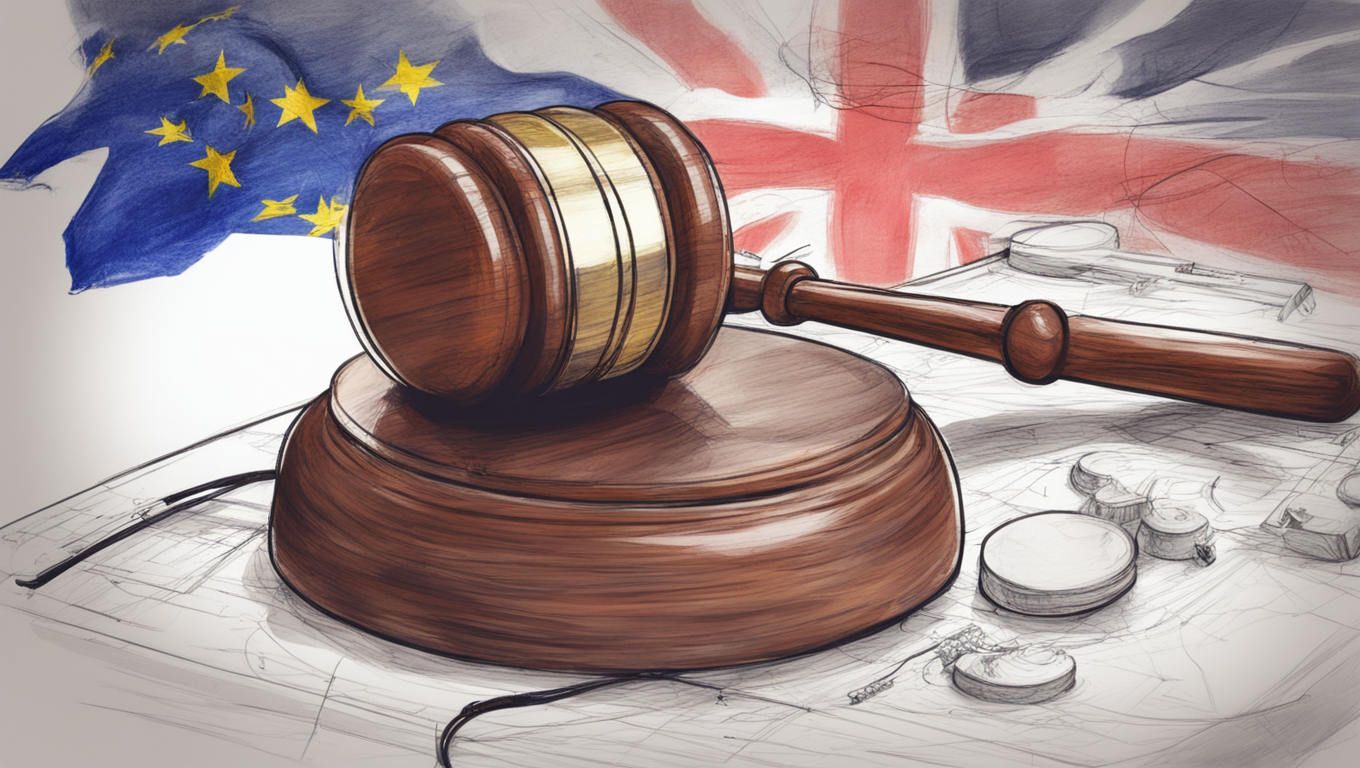Europe has once again taken the lead in technological innovation, becoming the first region in the world to pass a groundbreaking law specifically addressing the regulation of artificial intelligence (AI). The European Parliament, based in Strasbourg, has approved a new regulation that will govern the development and use of AI within the European Union.
This historic move comes as the result of extensive discussions and debates within the European Commission, as policymakers grapple with the ethical and legal implications of AI technology. The approval of this law represents a significant step towards ensuring that AI is used responsibly and in a way that protects the rights and interests of EU citizens.
The new AI law, which passed with an overwhelming majority of 523 votes in favor, 46 against, and 49 abstentions, sets out a comprehensive framework for the use of AI in various sectors, ranging from healthcare to transportation, and from financial services to consumer products. It places a particular emphasis on addressing potential risks and challenges associated with AI, such as bias, discrimination, and invasion of privacy.
One of the key provisions of the law is the establishment of a European Artificial Intelligence Board, which will be responsible for overseeing the implementation and enforcement of the regulation. This board will consist of representatives from member states, as well as independent experts, and will play a crucial role in monitoring and evaluating the impact of AI technologies.
In addition, the law introduces clear guidelines on AI transparency and accountability. Companies operating within the EU will be required to provide users with detailed information about the AI systems they use, including their capabilities and limitations. They will also need to ensure that their AI systems are designed in a way that respects fundamental rights and complies with existing EU legislation, such as the General Data Protection Regulation (GDPR).
This groundbreaking legislation has been met with both praise and criticism. Supporters of the law argue that it will help build trust in AI technologies, fostering innovation and economic growth while ensuring that AI is used ethically. However, critics express concerns about the potential impact on innovation and competitiveness, arguing that excessive regulation may stifle technological advancements.
Key figures in the AI community have also weighed in on the significance of this development. Professor Maria Pilar del Castillo, a renowned AI researcher, commented, “This law sends a strong message that Europe is committed to shaping the future of AI in a responsible manner. It sets a global standard for AI regulation and reinforces Europe’s position as a leader in technology.”
As Europe takes the lead in AI regulation, the rest of the world will be closely watching the implementation and impact of this groundbreaking law. It not only sets a precedent for other regions and countries but also poses important questions about the future of AI and its role in our society.
In a world where AI technology is rapidly advancing, Europe’s proactive approach towards regulation will undoubtedly shape the future of AI and ensure that it brings about positive and beneficial change. The industry must now adapt to these new rules and work collaboratively to develop AI systems that are safe, transparent, and accountable. Only then can we truly harness the extraordinary potential of AI while mitigating the associated risks and challenges.





Use the share button below if you liked it.